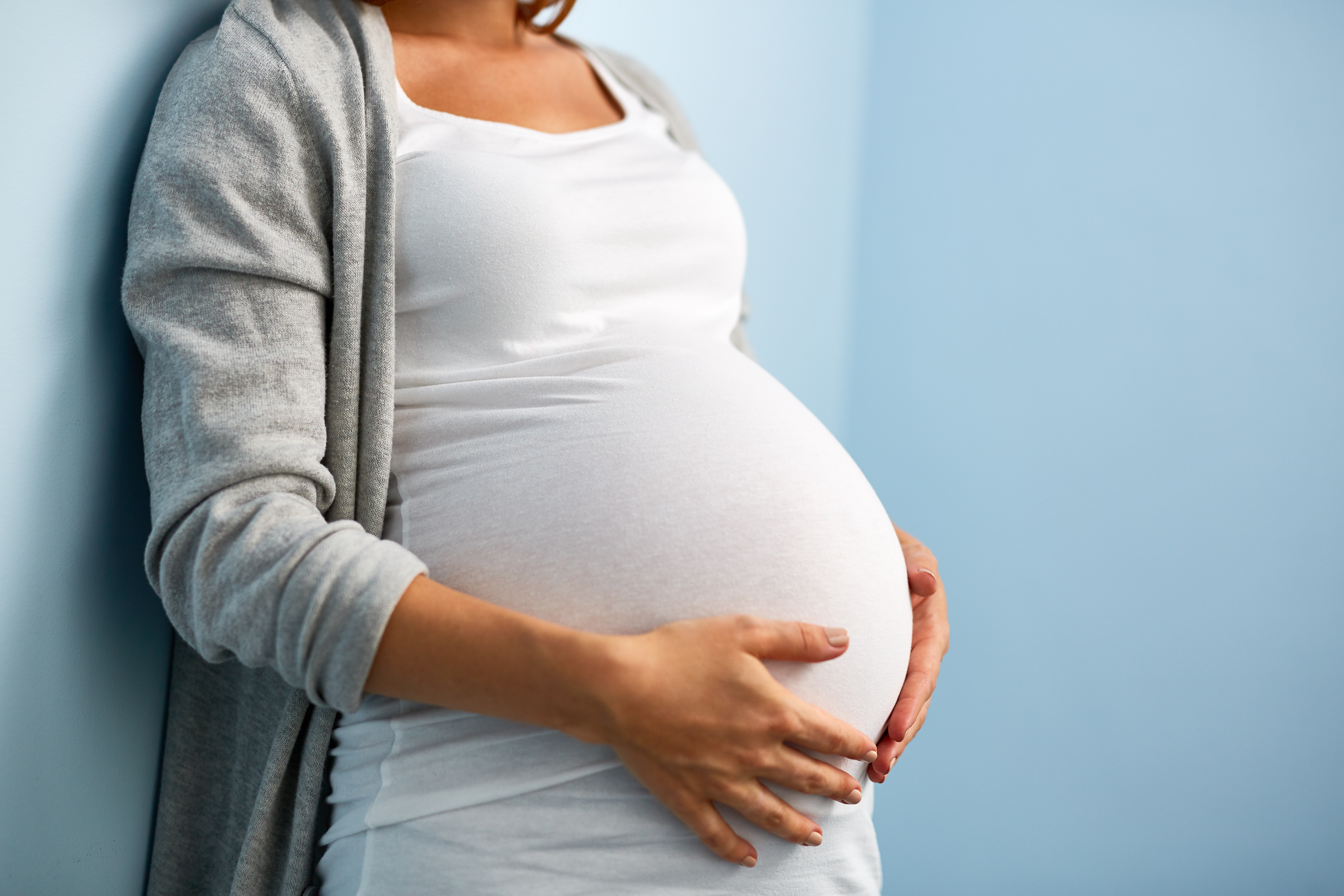Pregnancy Related Pelvic Girdle Pain Meets Contemporary Pain Science with Dr. Sinead Dufour, PT, PhD
Pregnancy & Postpartum Special Interest Group Webinar

Pregnancy related pelvic girdle pain (PPGP) is a common presentation representing a significant health problem in perinatal care. Although the etiology of PPGP is yet to be fully elucidated, the state of the science regarding PPGP has evolved substantially in over the last decade. Despite this, care of PPGP remains poor as the the uptake of this evolution remains limited. Increasingly PPGP is associated with significant maternal morbidity extending to impactions for the whole family unit. As such, PPGP should be regarded as a priority among all relevant health care professionals and such professionals need themselves to be update such to optimally assist those they care for.
Despite recent clinical practice guideline acknowledging the need to shift away from viewing this pain presentation through a biomechanical lens, the biomechanical narrative remains and is to the detriment of those with PPGP. The majority of currently utilized care strategies for PPGP are not supported but current clinical practice guidelines or recommended practice perspectives. The impetus of the recent publication of “Reframing beliefs and instilling facts for contemporary management of pregnancy-related pelvic girdle pain”, with associated infographic, was to facilitated the needed knowledge mobilization on this topic.
Learning Objectives:
- Review the evolution of science and understanding of PPGP
- Describe the current best practice recommendations related to PPGP
- Apply current best practice principles to clinical practice from an interprofessional perspective.
- Inspire all participants to work towards changing the narrative of PPGP
Sinéad Dufour, MScPT, PhD
Dr. Sinéad Dufour is an Associate Clinical Professor in the Faculty of Health Science at McMaster University. She teaches and conducts research in the Schools of Medicine, Nursing, and Rehabilitation Science. She completed her MScPT at McMaster University (2003), her PhD in Health and Rehabilitation Science at Western (2011), and returned to McMaster to complete a post-doctoral fellowship (2014). Her current research interests include conservative approaches to manage pelvic floor dysfunction, pregnancy-related pelvic-girdle pain, and interprofessional collaborative practice models of service provision to enhance pelvic health and pain science. Sinéad stays current as a pelvic health physiotherapists through her practice at The World of my Baby (the WOMB) a family of perinatal care centers in Ontario, Canada. Sinéad has been an active member of the Society of Obstetricians and Gynecologists of Canada (SOGC) sitting of multiple committees and leading several clinical practice guidelines. She also proud to serve as a clinical advisor many women’s health businesses. Her passion for optimizing perinatal care and associated upstream health promotion for women stemmed from her own experience becoming a mother of twins. She is an advocate for women’s pelvic health and a regular invited speaker at conferences around the world. She is the guest editor for the upcoming special edition of the JWHPT focusing on the 4th Trimester.
- Pulsifer J, Britnell S, Sim A, Adaszynski J, Dufour S. Reframing beliefs and instiling facts for contemporary management of pregnancy-related pelvic girdle pain. Br J Sports Med. 2022 Aug 10:bjsports-2022-105724. doi: 10.1136/bjsports-2022-105724. Epub ahead of print. PMID: 35948414.
- Clinton SC, Newell A, Downey PA, et al. Pelvic girdle pain in the antepartum population: physical therapy clinical practice guidelines linked to the international classification of functioning, disability, and health from the section on women’s health and the Orthopaedic section of the American Physical Therapy Association. J Womens Health Phys Therap2017;41:102–25.2
- Simonds AH, Abraham K, Spitznagle T. Clinical practice guidelines for pelvic girdle pain in the postpartum population. J Womens Health Phys Therap2022;46:E1–38.3
- Aldabe D, Lawrenson P, Sullivan J, Hyland G, Bussey MD, Hammer N, Bryant K, Woodley SJ. Management of women with pregnancy-related pelvic girdle pain: an international Delphi study. Physiotherapy. 2022 Jun;115:66-84. doi: 10.1016/j.physio.2021.09.002. Epub 2021 Sep 22. PMID: 35202976.
- Palsson TS, Gibson W, Darlow B, Bunzli S, Lehman G, Rabey M, Moloney N, Vaegter HB, Bagg MK, Travers M. Changing the Narrative in Diagnosis and Management of Pain in the Sacroiliac Joint Area. Phys Ther. 2019 Nov 25;99(11):1511-1519. doi: 10.1093/ptj/pzz108. PMID: 31355883.
- Beales D, Slater H, Palsson T, et al. Understanding and managing pelvic girdle pain from a person-centred biopsychosocial perspective. MusculoskeletSci
Pract. 2020 Aug;48:102152. doi: 10. 1016/j.msksp.2020.102152. Epub2020 May 6. PMID: 32560860.
Speaker
Dr. Sinead Dufour, PT, PhD

Moderator
Nancy Cullinane, PT, MHS, DPT, Board-Certified Women's Health Clinical Specialist

For More Information:

